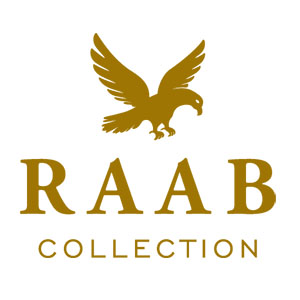signed
05/03/1889
by Thomas Edison
05/03/1889. Keller went on to invent the first successful and reliable coin-op phonograph (jukebox) in the United StatesA very uncommon letter concerning Edison’s first phonograph factoryAlbert Keller was the assistant to Ezra Gilliland, Edison's best friend, and the two of them joined Edison at his New York and later lamp factory labs in 1885-1887. After Edison began to develop his wax-cylinder phonograph in 1887, Gilliland and Keller set up a factory to manufacture them with Keller as the superintendent. Gilliland became general agent for the phonograph. Gilliland and Edison's personal attorney, John Tomlinson, then arranged a deal with Jesse Lippincott (truncated)



